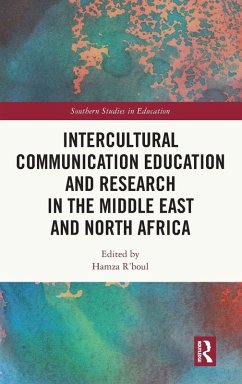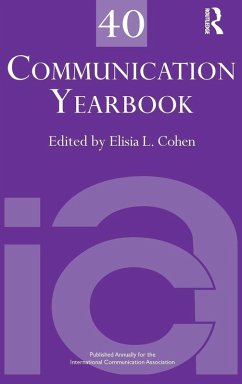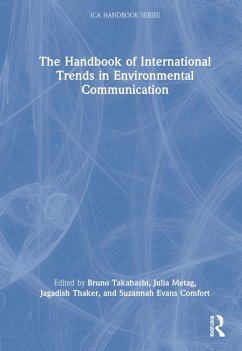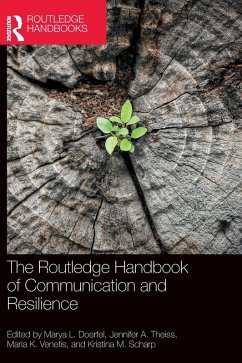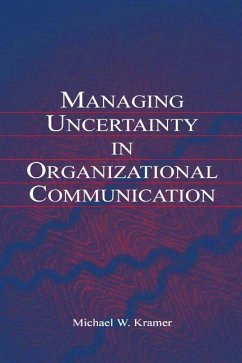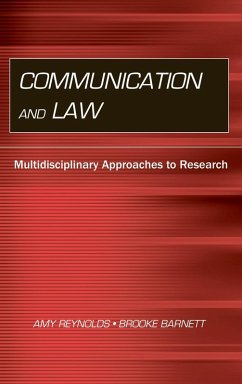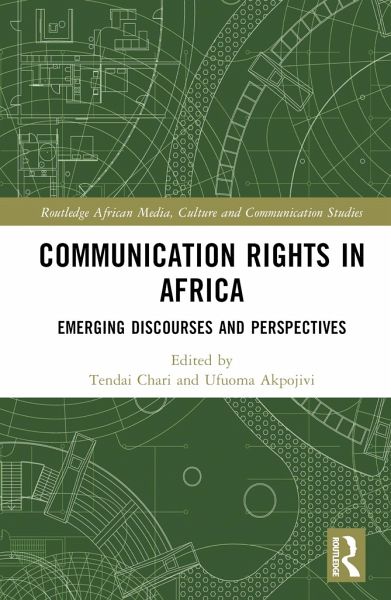
Communication Rights in Africa
Emerging Discourses and Perspectives
Herausgeber: Chari, Tendai; Akpojivi, Ufuoma

PAYBACK Punkte
84 °P sammeln!
This ground-breaking volume examines enduring and emerging discourses around communication rights in Africa, arguing that they should be considered an integral component of the human rights discourse in Africa. Drawing on a broad range of case studies across the continent, the volume considers what constitutes communication rights in Africa, who should protect them, against whom, and how communication rights relate to broader human rights. While the case studies highlight the variation in communicative rights experiences between countries, they also coalesce around common tropes and practices ...
This ground-breaking volume examines enduring and emerging discourses around communication rights in Africa, arguing that they should be considered an integral component of the human rights discourse in Africa. Drawing on a broad range of case studies across the continent, the volume considers what constitutes communication rights in Africa, who should protect them, against whom, and how communication rights relate to broader human rights. While the case studies highlight the variation in communicative rights experiences between countries, they also coalesce around common tropes and practices for the implementation and expression of communication rights. Deploying a variety of innovative theoretical and methodological approaches, the chapters scrutinise different facets of communication rights in the context of both offline and digital communication realities. The contributions provide illuminating accounts on language rights, digital exclusion, digital activism, citizen journalism, media regulation and censorship, protection of intellectual property rights, politics of mobile data, and politicisation of social media. This is the first collection to consider communication in Africa using a rights-based lens. The book will appeal to researchers, academics, communication activists, and media practitioners at all levels in the fields of media studies, journalism, human rights, political science, public policy, as well as general readers who are keen to know about the status of communication rights in Africa.





